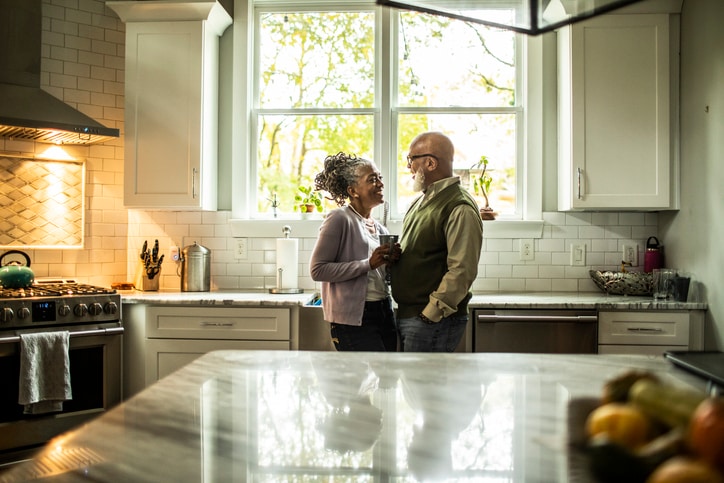Every parent understands the importance of the respect definition for kids. Parents want respect, expect respect and may even demand respect. But children don’t necessarily come into this world respectful. They won’t understand the concept unless they learn it. As your child’s first and best teacher.
Here are a few simple steps to take to help teach this important value:
“R-E-S-P-E-C-T! Find Out What It Means to Me”
Just like Aretha Franklin urges in the song, before you can explain the respect definition for kids, you need to understand what it means for yourself. Often parents know what respect feels like, but they haven’t stopped to think about what it is. “Respect is the experience of being heard and knowing that someone cares,” says Dr. Beth Halbert, a child psychologist and author of “Embracing Defiance.” This definition goes both ways. Just as you want your child to listen and think about your instructions, your child wants to feel heard and understood in return — and you want your child to feel respected, as well!
Model Respect
Defining respect goes deeper than words. “Your child understands what’s important by seeing what’s important in your life,” says Dr. Charles Fay, a psychologist and coauthor of “Love and Logic Magic for Early Childhood.” Modeling respect is vital in teaching it, he notes. This means modeling the behavior, not only for your child but also showing the value to the rest of the world.
“You teach children to listen by listening to them,” Dr. Halbert explains. “You help your child feel heard by rephrasing what they have just said in a supportive way.” For example, if your preschooler has just related a story about another child’s antics, don’t just move on to another topic, such as asking him to put his toys away. Instead, ask a question that restates his words, such as: “Wow, what did you think when that milk came out of his nose?” This lets your son know his story was heard and that you value his opinion. Not only is it important to show your child that he is respected, you need to show respect for others. It would be hypocritical for you to ask your child to respect authority figures, then to denigrate the police officer who gives you a ticket.
Expect Respect
When you expect respect, your child learns to comply with your expectations and offer it. “You show your child that you expect respect by setting limits with a soft voice — lots of love in your heart and empathy,” advises Dr. Fay. “When you set loving limits, you let your child know that you’re not a doormat — you are worthy of her respect. For example, if she walks in the kitchen and says, ‘Get me a snack,’ you don’t have to get angry or comply. Instead, you might say something like. “Oh, I’m so sorry, but this isn’t a restaurant. I can see you’re hungry, and I’m happy to get you something to eat when you use your manners.”
Enforce Respect
Enforcing respect goes right along with expecting it. You child knows when you will follow through and when you won’t. When you don’t follow through, you are teaching your child that what you want doesn’t really matter. You’re showing it isn’t important enough for you to do anything about it. That’s why it’s important to discuss consequences that you, as a parent, can enforce and to follow through and enforce them.
For example, you might say something like, “The last time we went to the park, you wouldn’t share the slide with other children. I love you so much, and I wish we could go to the park, but I think it would be much better to stay home today and think about how we can have a better time tomorrow. What do you think? How could you share the equipment with other kids?” This gets him focused on creating his own solutions and shows him that you believe he has the power to change and be more respectful.
Shellie Braeuner, is an award-winning children’s author. She earned her master’s degree in education from Vanderbilt University in human developmental counseling and has worked as a nanny for more than 25 years.






